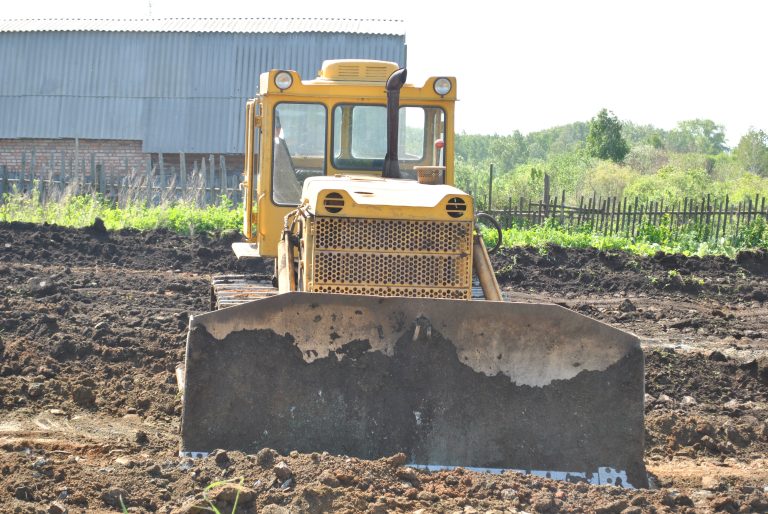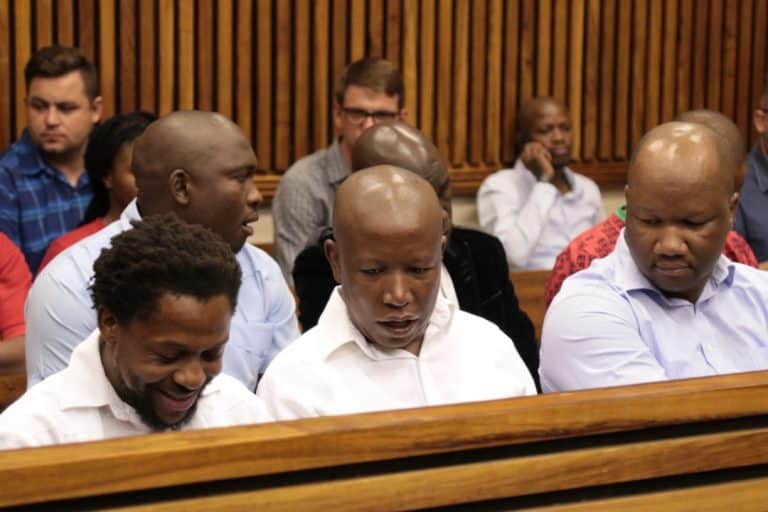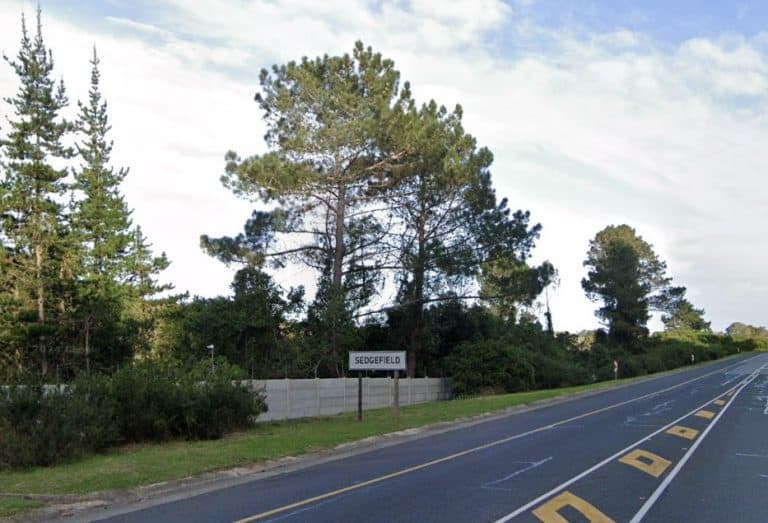AfriForum offers training to tackle impending water crisis
Last week, AfriForum, in collaboration with the Water Institute of Southern Africa (Wisa), offered training to 15 people on water and sewage treatment. These candidates, the majority of whom are AfriForum coordinators or AfriForum members involved in branch structures across the country, were empowered to tackle the looming water crisis in the country upon completion of this course.
Theoretical and practical training was provided during the week-long course and included visits to two water treatment plants in Gauteng. Managers of these plants provided instructive tours of the plants, giving course participants first-hand knowledge of the operation of these facilities.
“Water resources are increasingly polluted with sewage ending up in drinking water sources. More and more water treatment plants in the country are not being managed as desired and communities are increasingly exposed to unsafe drinking water. Therefore, knowledge of and training on water and sewage treatment is essential to understand and solve the looming crisis,” says Marais de Vaal, advisor for Environmental Affairs at AfriForum.
“When I started the course, I was very negative about the water systems in the Eastern Cape, because there are major problems, especially in the rural areas. However, the systems of larger cities, such as Port Elizabeth and East London, are still working well and there are definitely low-cost solutions that can be used on a smaller scale to make communities more self-sufficient. After completing the course, I am therefore much more hopeful than when I arrived here,” says Louis van der Vyver. AfriForum’s district coordinator for the Eastern Cape.
“It’s actually a shame how bad things are at the water plant in our town. So much good is not working. However, I saw with this training that there are so many tools that can make a difference and that the water plant can be brought up to standard with relatively little effort,” says Schalk Burger, AfriForum’s branch chairperson in Parys.
After completing the course, course participants wrote a test on aspects of both water purification and sewage treatment in order to receive a certificate for completing the course.
“After the week, course participants will be better able to tackle their communities’ water and sewage problems. They will also be able to communicate more effectively with local authorities and municipalities and come up with realistic solutions. There is a huge shortage of expertise within municipalities to properly manage and operate water and sewage treatment. That is why AfriForum is actively negotiating with municipalities to work together to solve water and sewage problems and to offer this course to municipal staff,” concludes De Vaal.











